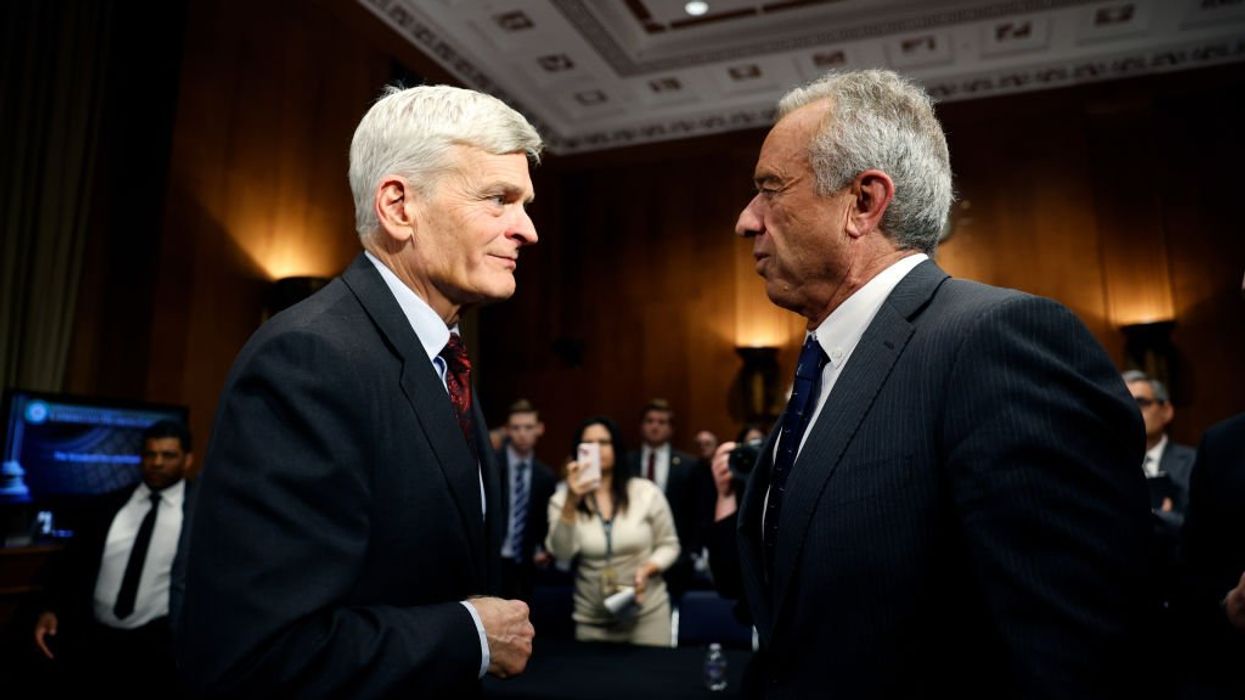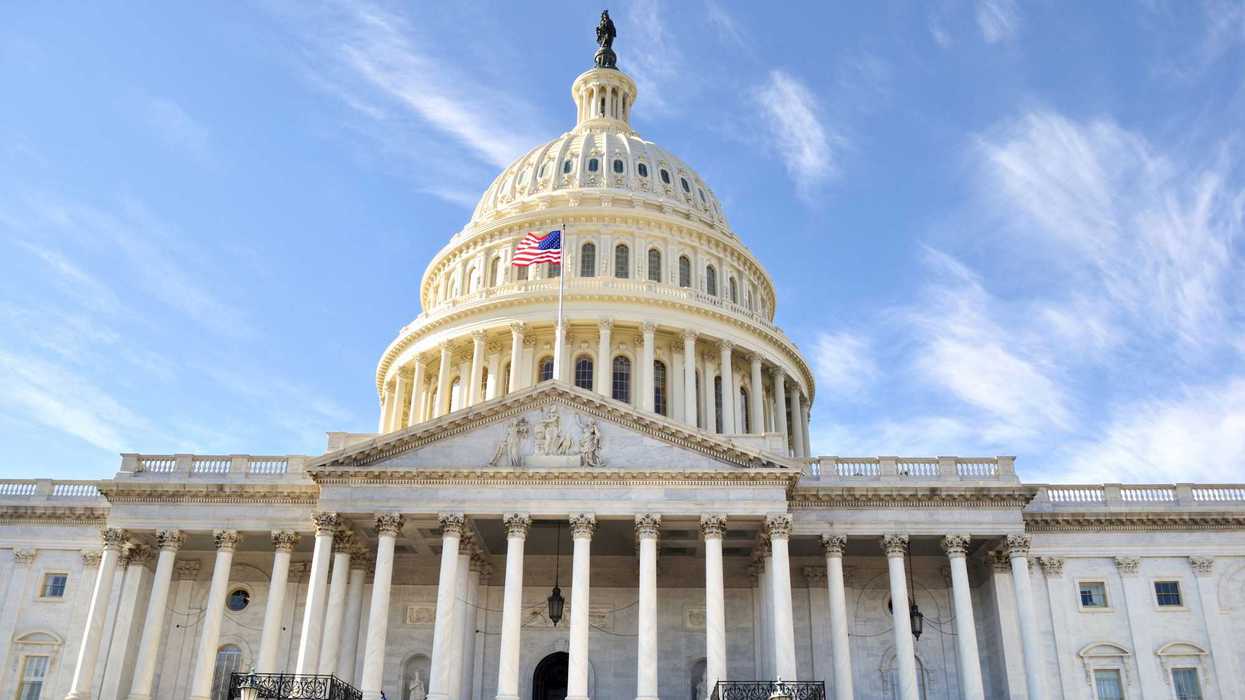Our hyperpolarized politics as well as a malfunctioning Congress may end up making Americans much less healthy.
The Senate confirmation and recent actions taken by the Secretary of Health and Human Services (HHS), Robert F. Kennedy Jr., highlight the utter dysfunction in our politics and within the legislative body strangled by partisanship.
Prior to being elected to the Senate, Sen. Bill Cassidy was a practicing physician, who not only believed in vaccinations, he promoted them to patients living in his home state of Louisiana. Cassidy now chairs the Health, Education, Labor and Pensions Committee (HELP) in the Senate.
Long-time vaccine skeptic Kennedy appeared in front of the HELP committee before moving on to the full Senate for confirmation. Kennedy needed Cassidy’s vote to win confirmation as HHS secretary.
Kennedy met with Cassidy several times before his confirmation vote and reassured Cassidy that he would “maintain the Centers for Disease Control and Prevention’s Advisory Committee on Immunization Practices without changes.”
To be fair, Cassidy was attempting to do his advice and consent role as a U.S. senator in good faith, but it comes as no surprise, even probably to Cassidy, that Kennedy did not maintain his word.
On June 9, in a Wall Street Journal op-ed, Kennedy announced that he planned to fire all 17 members of the panel that advises the Centers for Disease Control and Prevention (CDC) on vaccines.
The CDC advisory group, called the Advisory Committee on Immunization Practices (ACIP), holds hearings on vaccine safety and efficacy, and makes recommendations about who should use the shots approved by the Food and Drug Administration (FDA).
Kennedy said the firings were a way to restore faith in vaccines and wrote: “The committee has been plagued with persistent conflicts of interest and has become little more than a rubber stamp for any vaccine.”
This claim as well as other accusations that Kennedy made against ACIP have been debunked by publications, including Barron's.
Just two hours after the publication of the op-ed, members of the ACIP panel received termination notices from the CDC, according to a copy of the email seen by POLITICO.
Following the ACIP terminations, Cassidy posted on X: “Of course, now the fear is that the ACIP will be filled up with people who know nothing about vaccines except suspicion. I’ve just spoken with Secretary Kennedy, and I’ll continue to talk with him to ensure this is not the case.”
Kennedy is playing Cassidy for a fool as The Washington Post reported on June 11 that Kennedy has chosen eight replacements, including Vicky Pebsworth, who is on the board of the National Vaccine Information Center, the nation’s oldest anti-vaccine group.
Another member, Robert W. Malone, a biochemist, previously sued The Washington Post, alleging defamation over the newspaper’s reporting on his advocacy against the coronavirus vaccine. The case was dismissed in 2023.
The ACID panel is scheduled to meet on June 25-27. Recommendation votes are scheduled for coronavirus, influenza, meningococcal, HPV, and RSV vaccines for adults, pregnant women, and infants. A quorum of at least eight ACIP members is required to hold a vote.
The following medical and professional organizations have condemned Kennedy for firing the previous committee members. These include the American Medical Association (AMA), the American Academy of Pediatrics, the American College of Physicians, the American Association of Immunologists, the Infectious Diseases Society of America, and the American Nurses Association.
During its annual meeting on June 10, the AMA called for Kennedy to immediately reverse his decision and called for a Senate investigation into his actions.
There is almost no one who thinks that will happen and there is no chance that the Senate will investigate Kennedy, especially given that Republicans are in the majority in both the House and Senate, despite Kennedy lying under oath during his Congressional confirmation hearings.
Cabinet members can be impeached, and, in our history, two cabinet members have been. They were the Secretary of War William W. Belknap in 1876 and Secretary of Homeland Security Alejandro Mayorkas in 2024. Neither was removed from office following the impeachment trials.
Cassidy tried to uphold his responsibilities at the front end of Kennedy’s confirmation, and it remains to be seen if Cassidy will do anything stronger than talking to Kennedy on the back end.
Because of hyper partisanship and polarization, Congress no longer conducts its good governance responsibilities, and in the case of Kennedy and HHS, it may harm the health and well-being of countless Americans.
While no one is surprised by Kennedy’s actions in the highest position of our top health agency, we should be no less alarmed by the consequences.
Lynn Schmidt is a columnist and Editorial Board member with the St. Louis Post-Dispatch. She holds a master's of science in political science as well as a bachelor's of science in nursing.





















 Mayor Ravi Bhalla. Photo courtesy of the City of Hoboken
Mayor Ravi Bhalla. Photo courtesy of the City of Hoboken Washington Street rain garden. Photo courtesy of the City of Hoboken
Washington Street rain garden. Photo courtesy of the City of Hoboken